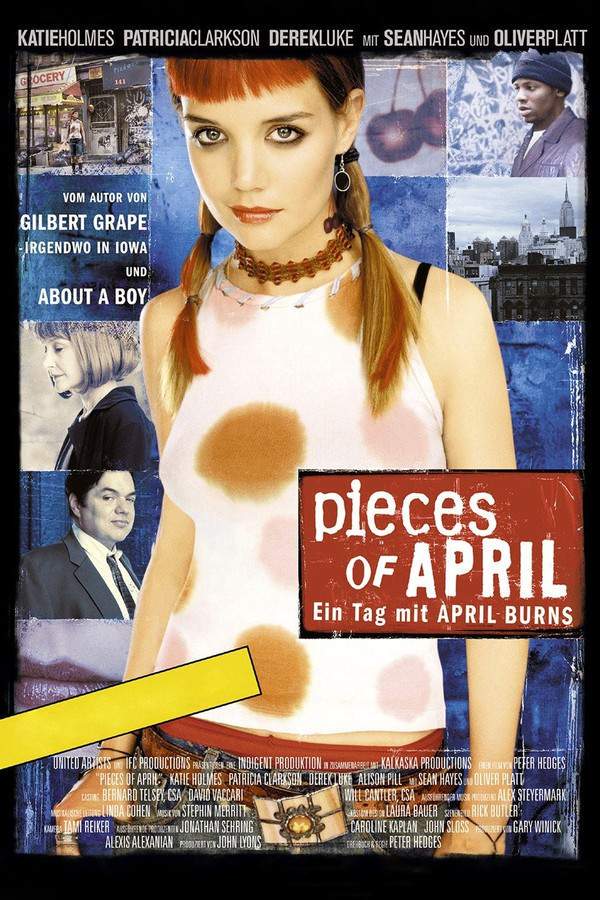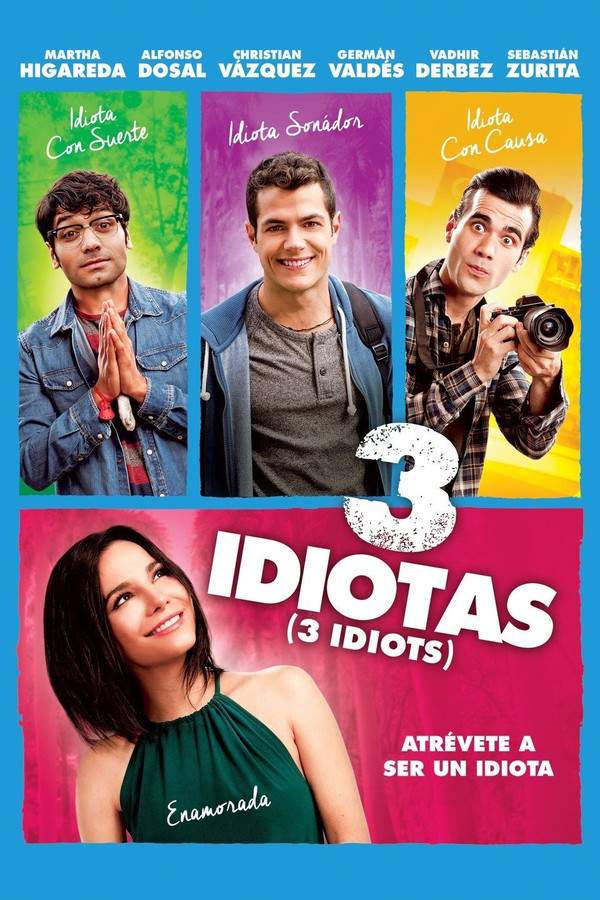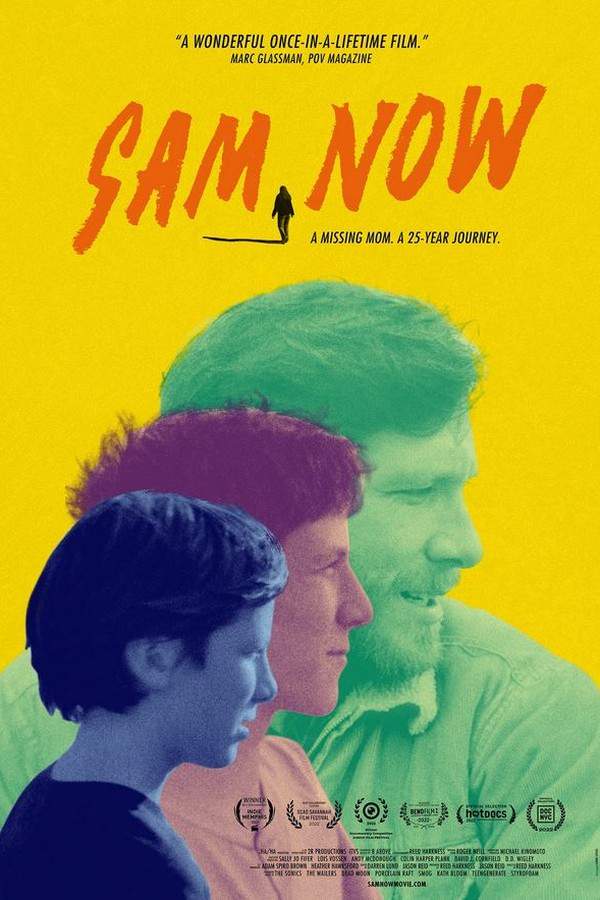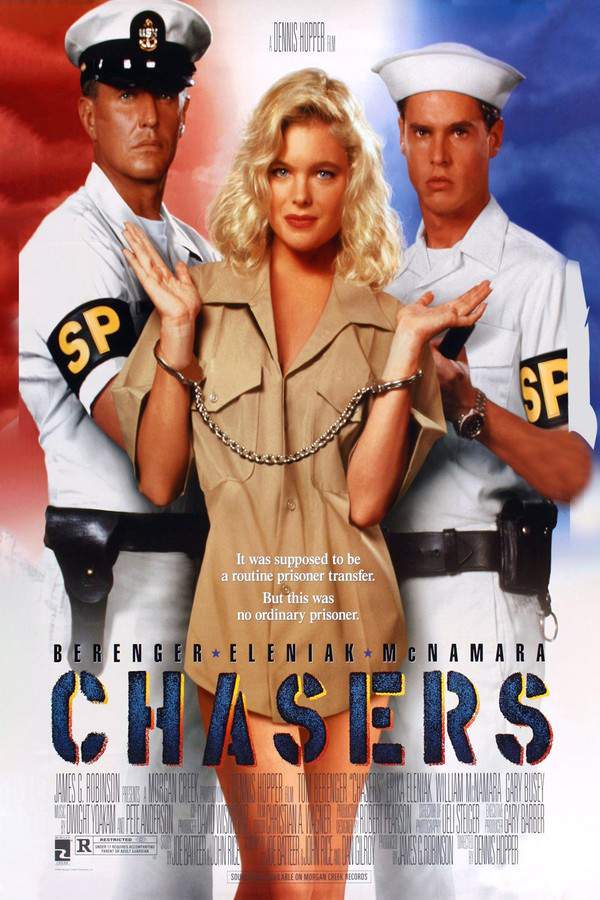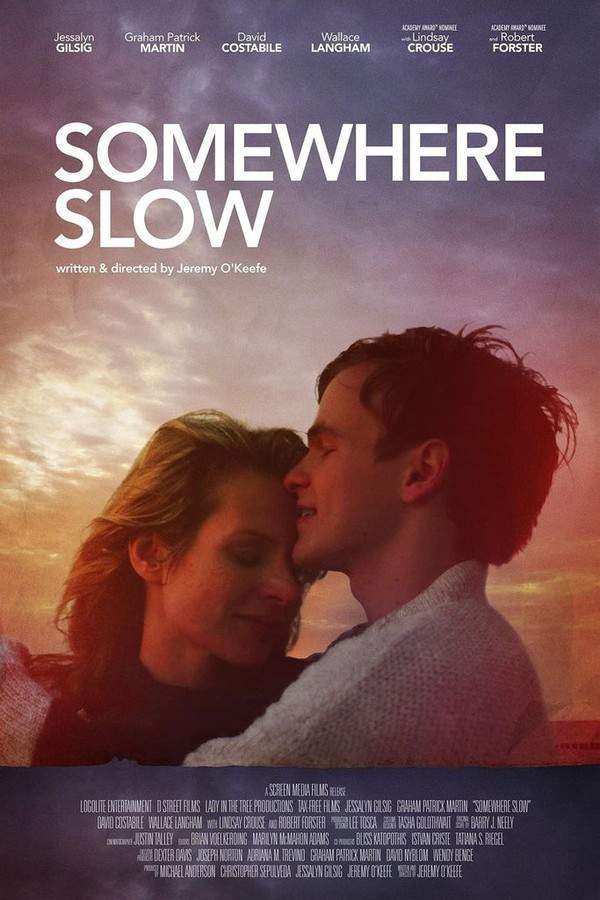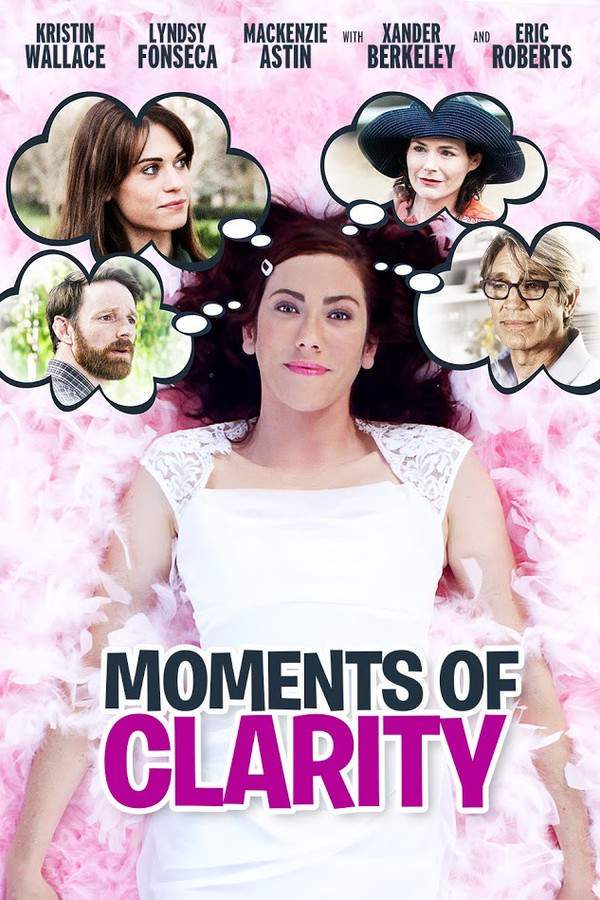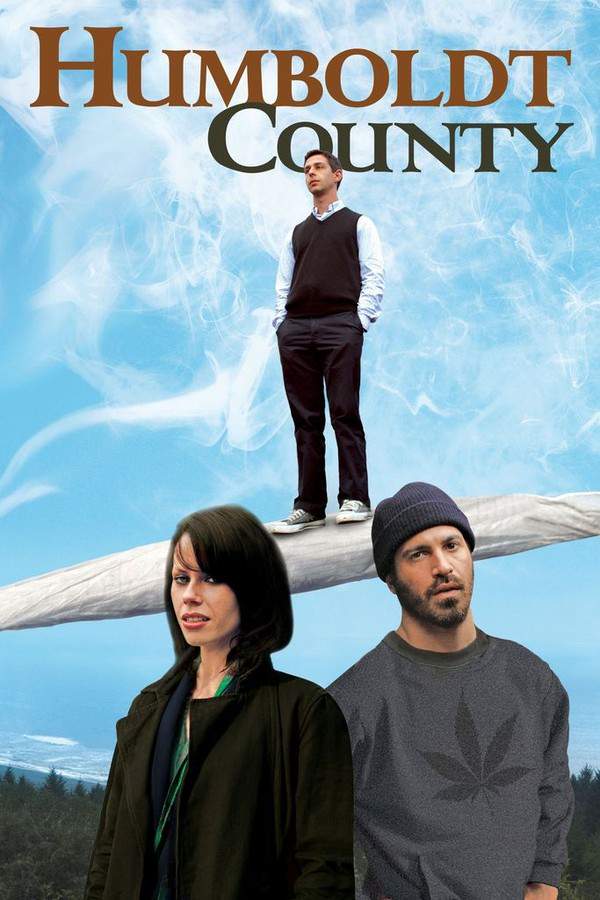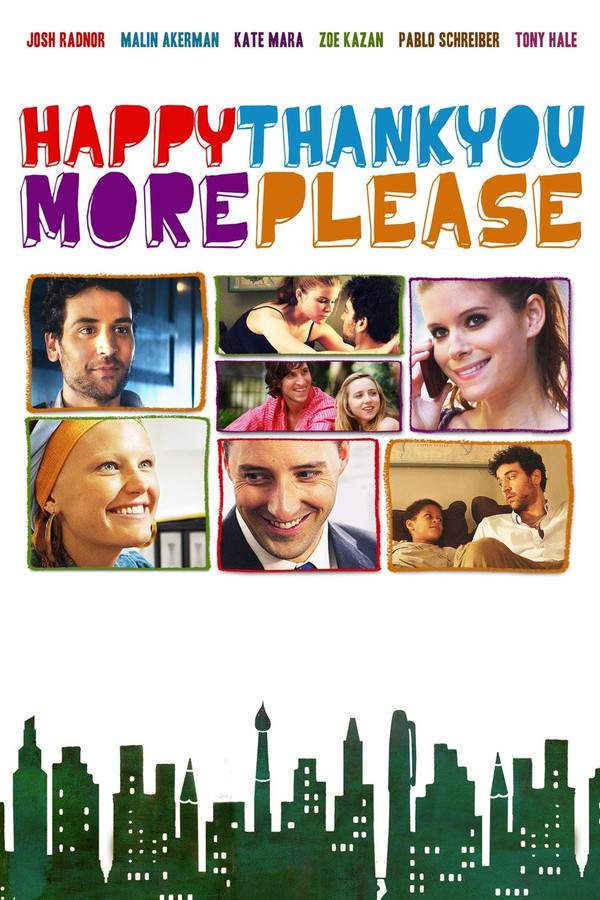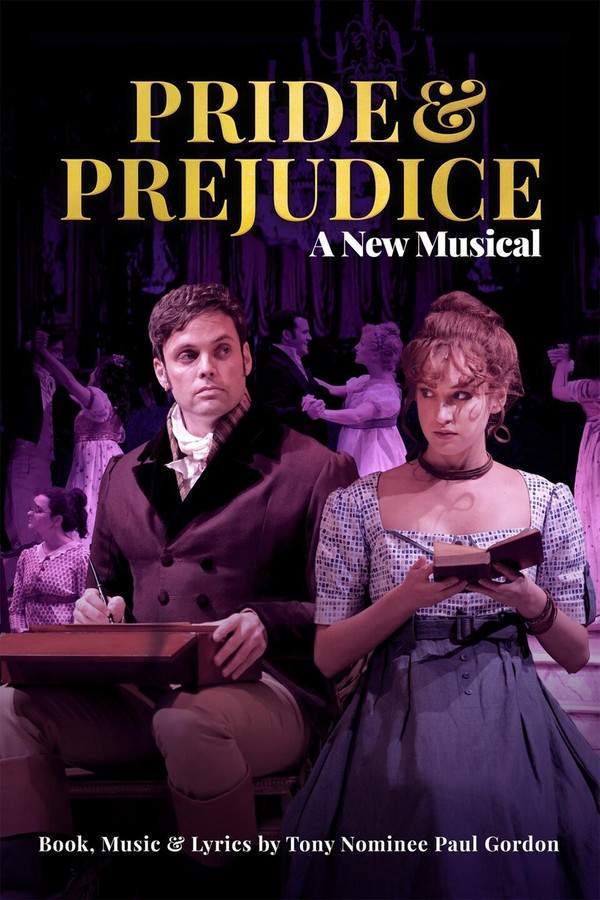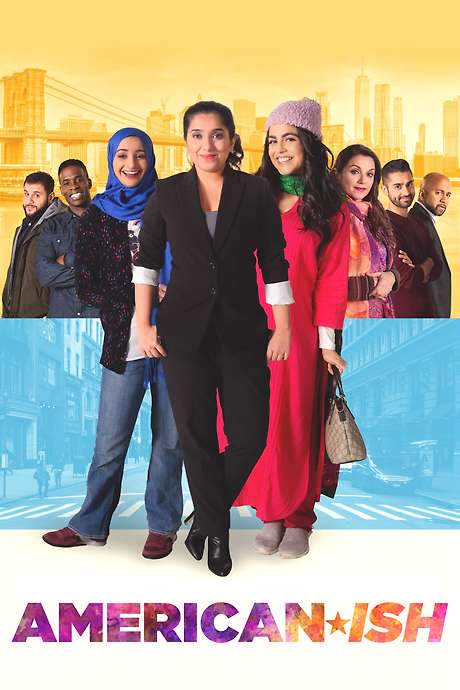
Why Wouldn’t We Send… a Messenger?
Year: 1998
Runtime: 99 mins
Language: Russian
A farmer who has been bankrupted by bankers goes to Moscow in search for the truth.
Warning: spoilers below!
Haven’t seen Why Wouldn’t We Send… a Messenger? yet? This summary contains major spoilers. Bookmark the page, watch the movie, and come back for the full breakdown. If you're ready, scroll on and relive the story!
Why Wouldn’t We Send… a Messenger? (1998) – Full Plot Summary & Ending Explained
Read the complete plot breakdown of Why Wouldn’t We Send… a Messenger? (1998), including all key story events, major twists, and the ending explained in detail. Discover what really happened—and what it all means.
Ivan Filimonovich Dergunov, Mikhail Yevdokimov, is a hard‑working farmer who borrows money to save his collapsing farm and watches as bailiffs seize what’s left of his life. In a desperate flare, he sabotages the sauna stove and floods the room, then threatens to blow up his own house to keep the bank from winning. He later learns that one of his seized harvesters has been set on fire, and he blames his alcoholic neighbor—a clash that lands him 15 days of administrative arrest for assault.
After serving the sentence, he makes a bold decision: he’s going to see the president and talk about life itself. He climbs into his dusty Zaporozhets and sets off, a trip that becomes a sprawling, often comic panorama of the wild, chaotic post‑Soviet 1990s. Along the way, Ivan meets a string of colorful characters and small, human miracles that illuminate a nation in flux.
-
An old man with a coffin hitchhikes a ride, explaining that even dying has become expensive. The man’s wry humor and practical stubbornness reveal how people cope with sudden endings when the world seems to have no steady ground.
-
In the car’s trunk, a strange passenger lurks: Yakov, a mentally ill compatriot who wears homemade medals and speaks in clipped, sudden phrases. Yakov’s presence adds a surreal edge to the journey, hinting at the scars carried by those who survived past wars and present chaos. Yakov is played by Lev Durov, and the two travelers form an uneasy bond as the road unfolds.
-
Their path collides with danger when a trio dressed as policemen pull up, offer beer, and threaten to file reports. The scene quickly shifts from farce to danger as the criminals are identified and the journey resumes. A well‑dressed man named Alexey, pulled from a river after his car sinks, emerges as a surprising ally. Alexey is a kind, uncomplicated “new Russian” who invites Ivan and Yakov into his home for a warm, ordinary dinner and a conversation about work and children. As a parting gift, he hands Ivan a mobile phone and invites him to visit Moscow in two days.
-
The road then brings Ivan and Yakov to a broken KAMAZ and a pair of soldiers. Among them is Zaur, a deserter who publicly confronts prejudice in his village and becomes entangled in a tense family drama over a wedding that his fiancée’s mother orchestrates. Ivan uses a moment of civic duty—calling the unit commander with Alexey’s phone—to keep Zaur from punishment, a small act of justice that underscores the film’s thread of mercy amid hardship.
-
A respite arrives with a visit to Ivan’s brother‑in‑law, who beams with pride over his daughter Nina’s return from a Paris competition, where she won a prize of $15,000. Nina chooses a precious harp for practice, not the money, and the family pools resources to fund her next attempt. The moment blends family warmth with the evolving economy of the era, balancing humor with tender affection.
-
The journey continues with more oddities: Ivan and Yakov are mistaken for bandits by real law‑enforcement after a tense encounter with space‑age road thugs, and the duo are beaten and briefly detained. In a surprisingly humane turn, the interrogation reveals the men’s histories and losses—Yakov’s medals belong to his fallen sons—before the officers release them.
-
A chance encounter with a roadside vendor—an elderly woman selling car mufflers—turns into a small act of generosity. Ivan buys a muffler but, moved by the woman’s story of hardship, also gives her extra money, echoing the movie’s recurring theme that strangers’ misfortunes are often a shared burden.
-
A brick‑laden dump truck catastrophe on the highway sends Ivan’s Zaporozhets careening to a stop, and he is rescued by a cosmonaut, Georgiy Grechko. The cosmonaut’s kindness leads to a visit to Star City and a television moment on a popular program, aided by an ORT crew. The sequence culminates in another small gift for Yakov—the muffler Ivan once bought for the roadside vendor.
-
On a Moscow street, Ivan meets a group of street children and is drawn to the youngest, Sasha. The kids’ leader is missing a leg, a grim reminder of the costs of conflict. This encounter deepens Ivan’s sense of responsibility and humanity as he considers a future that includes caring for those who are lost.
-
A bold attempt to enter the Kremlin via the Spassky Gate ends in a misadventure that lands Ivan in a psychiatric ward. Inside, he meets three wild characters—one who copies Boris Yeltsin’s mannerisms, another who pretends to be a famous director, and a third who remains silent—adding a surreal, almost carnival atmosphere to the tale. The episode underscores the era’s instability and the characters’ craving for some sense of order.
-
Escaping the ward, Ivan reconnects with Yakov, and together they drift toward a strip‑tease club where they meet Vika, a dancer who becomes part of their strange, improvised odyssey. The morning after, a Presidential Administration representative informs that the President, currently abroad, will be willing to meet Ivan in a few weeks, with travel and accommodations arranged—another ironic sign of shifting power and opportunity in the new Russia.
-
The story closes on a note of hopeful beginnings: Lyuba—the devoted wife—will celebrate her birthday; Ivan, inspired by the chance to build a life anew, returns home with Yakov and Sasha, intending to start life “from scratch” and give the boy a chance at a real family.
Throughout this sprawling, character‑driven road movie, the film stitches together humor, hardship, small acts of kindness, and the stubborn resilience of ordinary people trying to find a way forward in a country that has just stepped into a new era. The journey is funny, chaotic, and tender in equal measure, balancing satirical sketches of post‑Soviet life with a steady stream of humane, hopeful moments.**
Last Updated: October 09, 2025 at 09:34
Explore Movie Threads
Discover curated groups of movies connected by mood, themes, and story style. Browse collections built around emotion, atmosphere, and narrative focus to easily find films that match what you feel like watching right now.
Quirky Road Journeys of Resilience like in Why Wouldn’t We Send… a Messenger?
Characters on the road find hope and humanity in a flawed world.If you enjoyed the hopeful, humanistic road trip in Why Wouldn’t We Send… a Messenger?, you'll like these movies. They feature characters on episodic journeys, finding connection and resilience through quirky encounters and a warm, observational tone that balances comedy and drama.
Narrative Summary
The narrative pattern involves a central character embarking on a physical journey that doubles as an emotional quest. The structure is often episodic, with the protagonist meeting a series of unique characters who provide help, wisdom, or comic relief. The conflict is less about a single villain and more about navigating a challenging system or environment, with the resolution emphasizing personal growth and newfound connections.
Why These Movies?
Movies are grouped here because they share a specific emotional mix: a core of hopeful resilience, an observational and often quirky tone, and a narrative driven by a journey. They balance the seriousness of their themes with a lighthearted, human-centric approach, creating a uniquely warm and uplifting viewing experience.
Movies about Societal Change like Why Wouldn’t We Send… a Messenger?
Intimate stories of individuals navigating periods of great social and economic flux.For viewers who liked the portrait of post-Soviet Russia in Why Wouldn’t We Send… a Messenger?, this thread collects films that explore similar themes. These stories show individuals navigating economic hardship and social change, using a warm, observational lens to find humanity and hope within a flawed system.
Narrative Summary
The narrative is less about a traditional plot and more about building a mosaic portrait of a time and place through one character's experiences. The protagonist serves as a witness and participant, encountering various facets of the changing society. The central conflict is between the individual and the impersonal forces of change, with the resolution often being a personal adaptation or a small, meaningful victory rather than a systemic fix.
Why These Movies?
These films are grouped by their shared focus on using an intimate character story to reflect a larger societal moment. They possess a specific tone that is both observational of societal flaws and warmly focused on human connection, creating a nuanced view that avoids being purely cynical or naively optimistic.
Unlock the Full Story of Why Wouldn’t We Send… a Messenger?
Don't stop at just watching — explore Why Wouldn’t We Send… a Messenger? in full detail. From the complete plot summary and scene-by-scene timeline to character breakdowns, thematic analysis, and a deep dive into the ending — every page helps you truly understand what Why Wouldn’t We Send… a Messenger? is all about. Plus, discover what's next after the movie.
Why Wouldn’t We Send… a Messenger? Timeline
Track the full timeline of Why Wouldn’t We Send… a Messenger? with every major event arranged chronologically. Perfect for decoding non-linear storytelling, flashbacks, or parallel narratives with a clear scene-by-scene breakdown.

Characters, Settings & Themes in Why Wouldn’t We Send… a Messenger?
Discover the characters, locations, and core themes that shape Why Wouldn’t We Send… a Messenger?. Get insights into symbolic elements, setting significance, and deeper narrative meaning — ideal for thematic analysis and movie breakdowns.

Why Wouldn’t We Send… a Messenger? Spoiler-Free Summary
Get a quick, spoiler-free overview of Why Wouldn’t We Send… a Messenger? that covers the main plot points and key details without revealing any major twists or spoilers. Perfect for those who want to know what to expect before diving in.

More About Why Wouldn’t We Send… a Messenger?
Visit What's After the Movie to explore more about Why Wouldn’t We Send… a Messenger?: box office results, cast and crew info, production details, post-credit scenes, and external links — all in one place for movie fans and researchers.


